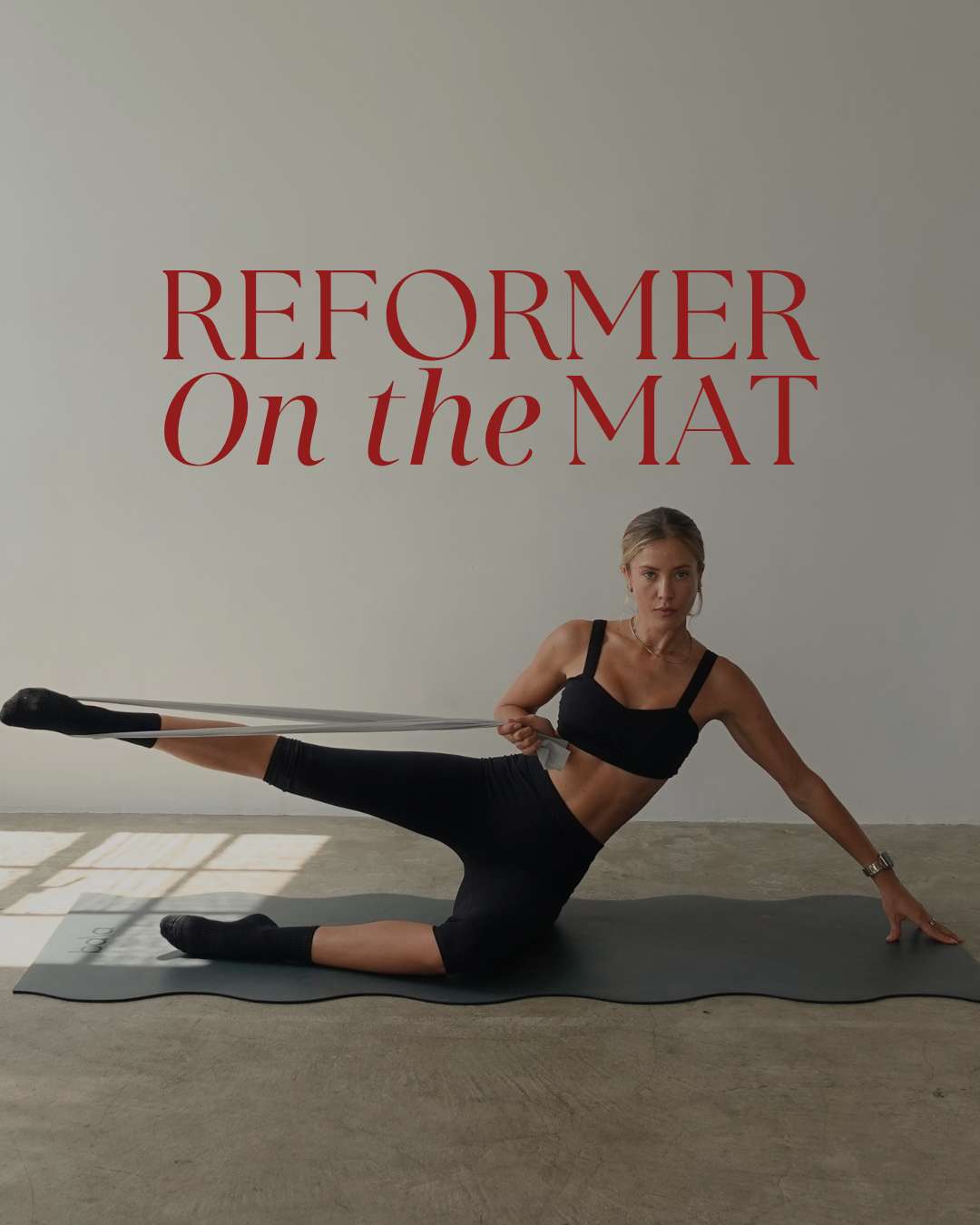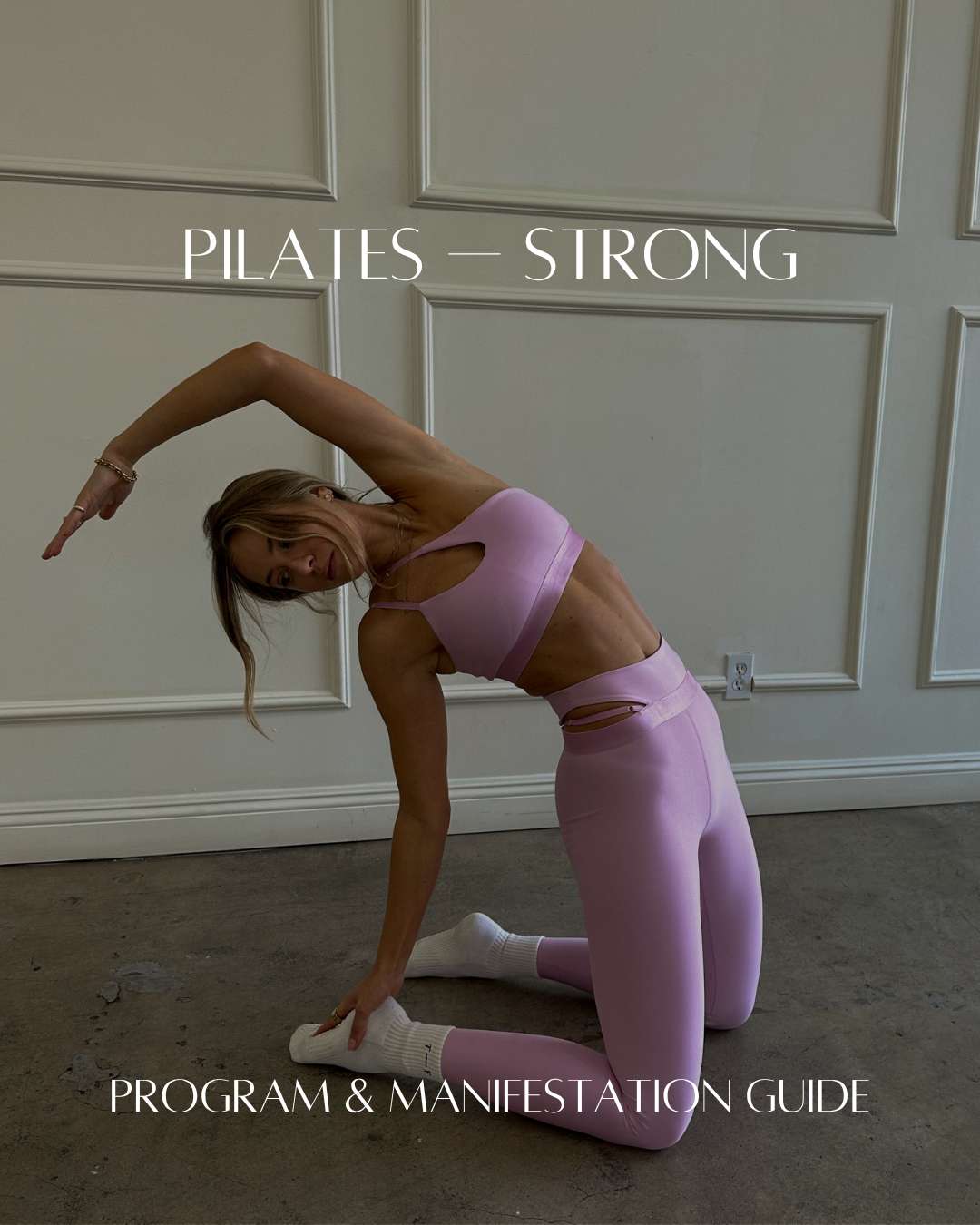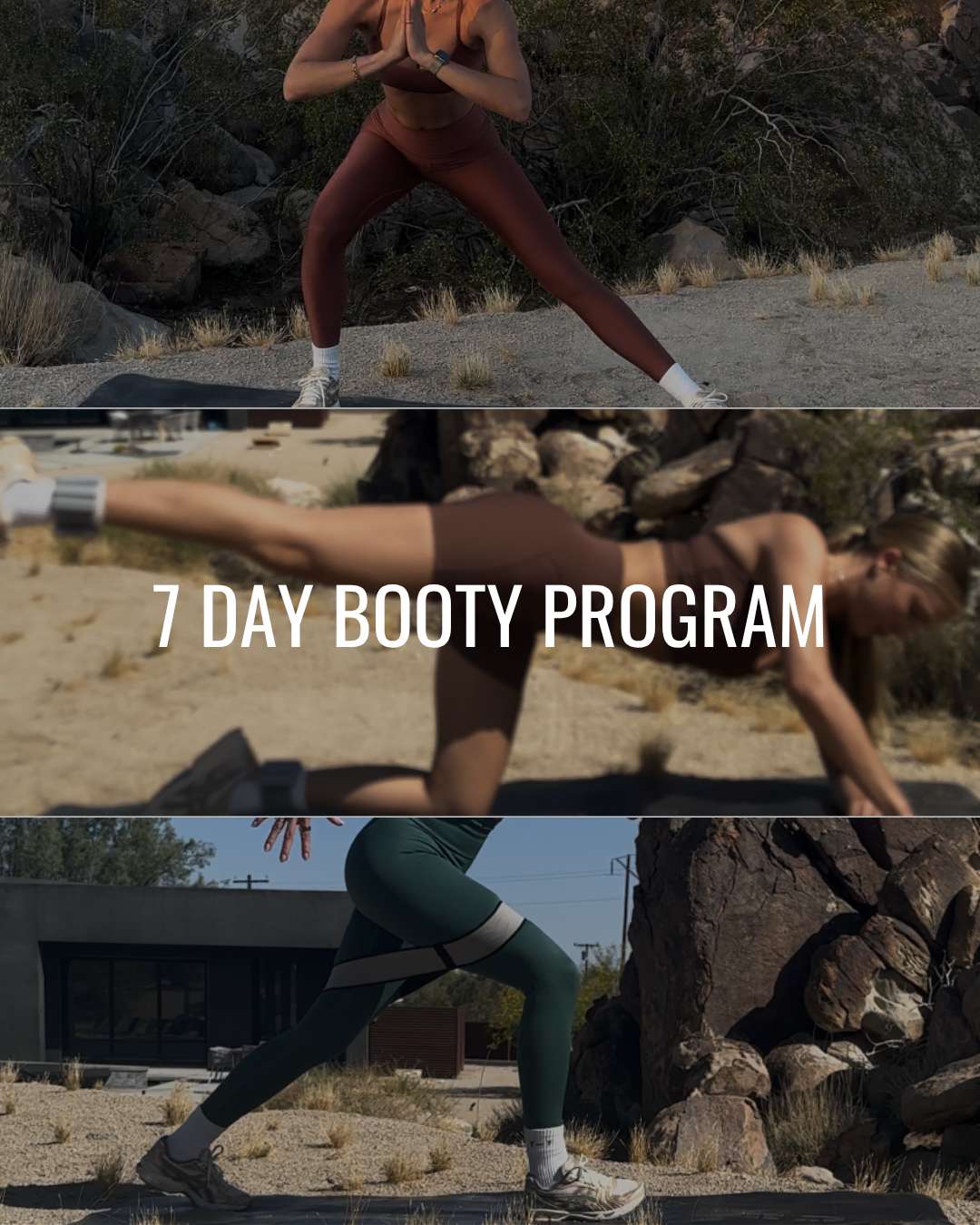When you think of “core strength,” what comes to mind? For many, it’s the vision of toned abs or those sculpted muscles you might see in fitness ads. But core strength is about much more than just aesthetics. In fact, it’s the foundation of nearly every movement your body makes—from sitting at a desk or carrying groceries.
We’re going to break down why core strength is essential, how it impacts your well being, and how Pilates is a great tool for strengthening your core.
What Exactly is the “Core”?
When we talk about the core, we’re referring to more than just the abs. The core muscles include:
- Abdominals
- Back muscles
- Pelvic floor muscles
- Hip muscles
- The diaphragm
Together, these muscles create a "corset" around your torso, providing stability for your spine and pelvis, supporting your posture, and helping move forces between your upper and lower body. In short, your core is the powerhouse of everything you do.
Why Core Strength Matters in Everyday Life
The truth is, your core is engaged in nearly every movement you make—from the moment you get out of bed to when you go to sleep. Here's how core strength plays an important role in everyday life:
1. Lifting
Think about the last time you bent down to pick up a heavy grocery bag or a box. If you’re not using your core muscles to support you, you’re likely putting strain on your back and risking injury. A strong core helps stabilize your spine and supports proper lifting technique, so you can pick things up without hurting yourself.
The next time you're bending over to grab something off the floor, remember: your core is your best friend when it comes to staying safe and lifting with good form.
2. Sitting
Many of us spend hours sitting at desks, hunched over keyboards, or slouched on the couch, and all that time can put a lot of strain on our spine. Without core strength, it's easy to fall into bad posture—rounded shoulders, a slumped lower back, and a forward head posture—all of which lead to discomfort and pain.
A strong core helps you sit up straight and maintain better posture, even during long hours at a desk. When your core muscles are active, you’ll feel less tension in your neck, shoulders, and lower back, and you’ll be able to focus on your work without the aches and pains that come from bad posture.
3. Carrying
Whether you're lifting a child, carrying a heavy bag, or simply hauling groceries, core strength is essential to keeping you stable and balanced. Without a strong core, you might find yourself arching your back or using your arms and legs in inefficient ways, which can lead to strain or injury.
A solid core allows you to lift, carry, and move in a way that feels more natural and controlled. It also helps you maintain balance when you’re on the go—whether you're picking up your child or carrying heavy objects around the house.
How Pilates Helps Build Core Strength
Now that we know why core strength is so important, let’s talk about how Pilates can help you develop it. Pilates is known for its focus on controlled, precise movements that engage the core muscles deeply. Here’s how it works:
1. Targets Deep Core Muscles
While traditional strength exercises often focus on the more superficial muscles (like the ones you can see in the mirror), Pilates targets the deeper core muscles—like the transverse abdominis and multifidus. These muscles are key to stabilizing your spine and pelvis, so strengthening them helps support your body during all kinds of everyday tasks.
2. Improves Posture and Alignment
Pilates places a strong emphasis on proper alignment and body awareness, helping you maintain good posture in every position. Whether you’re sitting, standing, or moving, Pilates helps retrain your body to sit upright with a neutral spine. This kind of core engagement reduces tension and helps you stay pain-free, even after a long day at the desk or a long walk carrying groceries.
3. Increases Flexibility and Mobility
Core strength isn’t just about building muscle—it’s also about flexibility and mobility. Pilates combines strength training with dynamic stretches, helping you build a stronger, more flexible body that can move with ease. This flexibility is important for preventing injury when bending, twisting, or lifting.
When you’re more mobile, you’re able to move freely and without pain, which makes those everyday tasks a lot easier. Think about it: reaching for a shelf or bending over to tie your shoes is a lot simpler when you have a strong and flexible core.
4. Teaches Functional Movement
One of the biggest benefits of Pilates is that it focuses on functional movements—the kind of movements we do every day, like bending, twisting, lifting, and stretching. By training your body to move efficiently, Pilates prepares you for all sorts of everyday tasks. It’s not just about looking good at the gym; it’s about feeling good in your body, no matter what you're doing.
5. Increases Mind-Body Awareness
Pilates is also known for its focus on mindfulness. Each exercise requires concentration on your breath, movement, and body position, which helps you develop a deeper awareness of how your body moves. This awareness makes it easier to engage your core muscles throughout the day, even when you're not actively working out.
The Bottom Line
Building core strength through Pilates is about more than just getting a toned stomach—it’s about improving your posture, protecting your back, and making everyday activities easier and safer. Whether you’re sitting at your desk, picking up groceries, or lifting your kids, a strong core will help you do it all with more ease and less risk of injury.
So, if you’re ready to strengthen your core and feel better in your daily life, Pilates could be the perfect solution. Check out our sculpted abs category at the studio to try all the best core workouts we offer!






